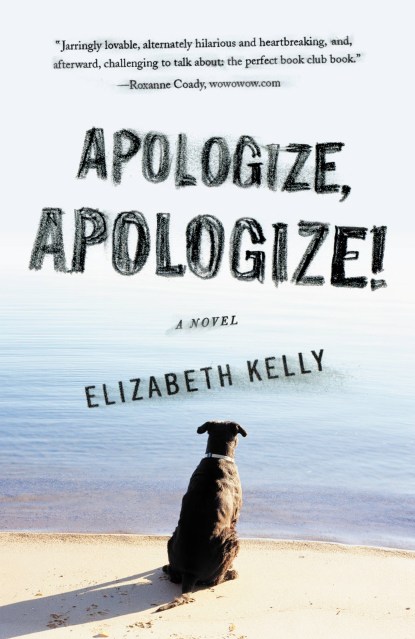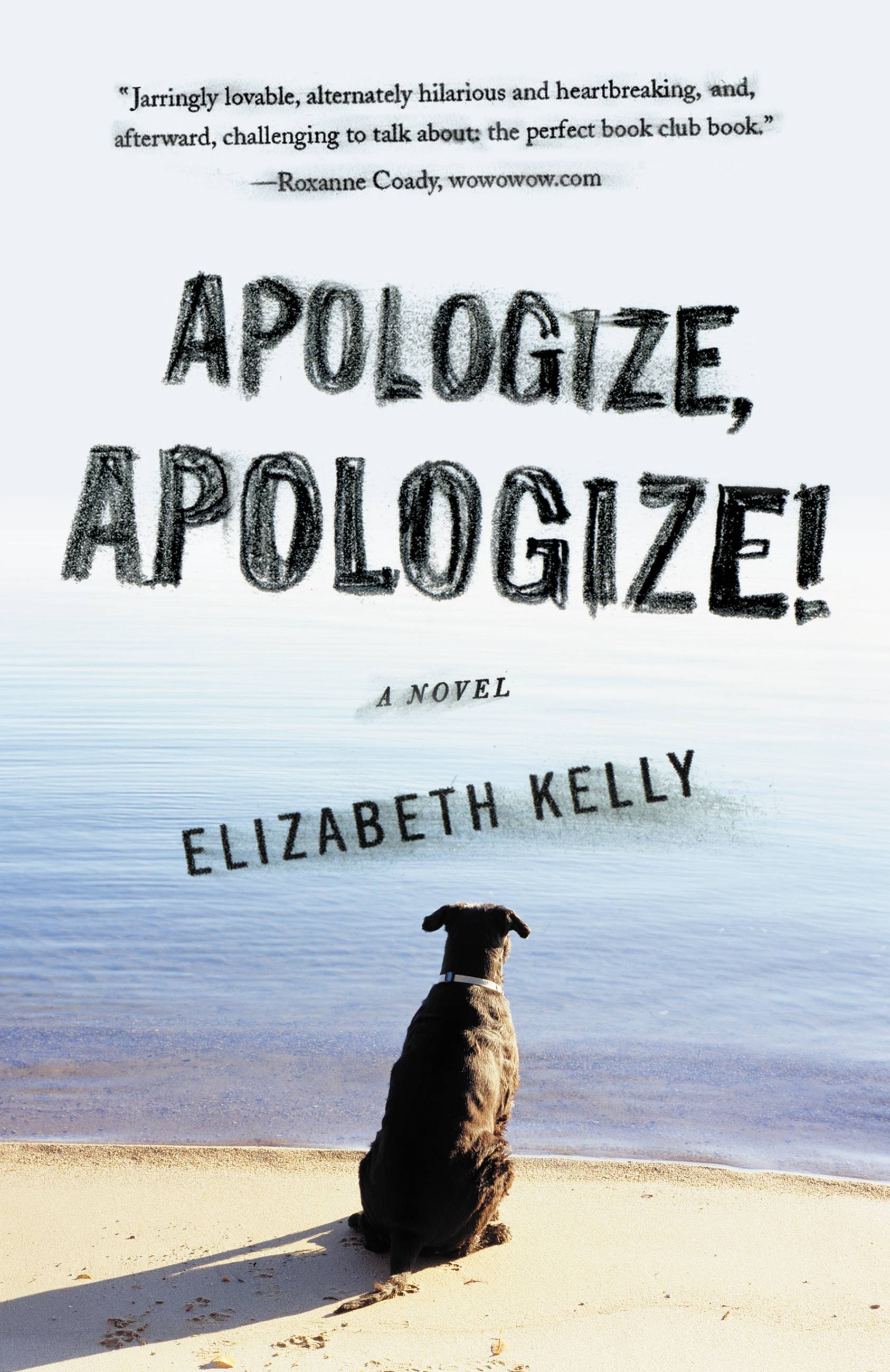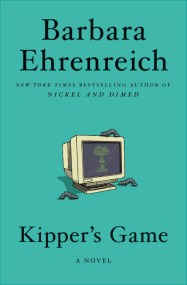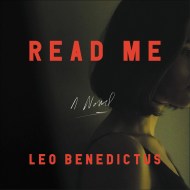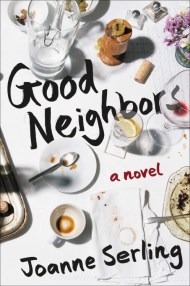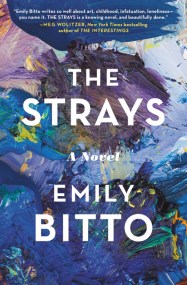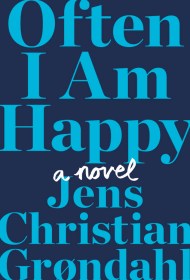By clicking “Accept,” you agree to the use of cookies and similar technologies on your device as set forth in our Cookie Policy and our Privacy Policy. Please note that certain cookies are essential for this website to function properly and do not require user consent to be deployed.
Apologize, Apologize!
Contributors
Formats and Prices
- On Sale
- Mar 30, 2010
- Page Count
- 336 pages
- Publisher
- Twelve
- ISBN-13
- 9780446406154
Price
$21.99Format
Format:
- Trade Paperback $21.99
- ebook $9.99
This item is a preorder. Your payment method will be charged immediately, and the product is expected to ship on or around March 30, 2010. This date is subject to change due to shipping delays beyond our control.
Buy from Other Retailers:
A dazzling debut novel about the family that puts the personality in disorder.
In prose that is lively, humorous, and brilliant throughout, Elizabeth Kelly gives us the dysfunctional-family novel to end all dysfunctional-family novels, finding the comedy and pathos in her characters’ struggles, and showing beautifully how a family’s love can be as trying as it is true.
-
"An imaginative and energetic triumph. What you hear from the onset of Apologize, Apologize! is the delicious sound of a gifted novelist taking flight for the first time. Even sitting on a table with its covers closed, Elizabeth Kelly's novel seems to buck and heave with its deliriously talkative and unforgivingly articulate characters. (Think of Dostoevsky on laughing gas.)"David Gilmour, author of THE FILM CLUB and A FINE NIGHT TO GO TO CHINA
-
"A warm and wonderful tale with smart, sassy, yet gentle sensitivity. Elizabeth Kelly writes with an original rhythmic style that ushers us in as we turn the first page of this magnificent story of family ties, devotion, understanding and acceptance. I loved this book!"Daryl Roth
-
"This novel starts with an enjoyable Celtic kitchen brawl of one-line put-downs in the heart of a family, and then moves its gears, through malice and disaster, to a quiet tone in which the protagonist finally learns to live with himself. It's a tour de force of energy and spirit."Peter Pouncey, author of Rules for Old Men Waiting
-
"In this unflinching and funny debut, Elizabeth Kelly deftly paints her tale in alternating shades of lush whimsy and hard-won ferocity. Apologize, Apologize! reads as if Padgett Powell's Edisto had a first cousin from New England who was wealthier, more eccentric, more gothic and more drunk."Mark Winegardner, author of Crooked River Burning and The Godfather Returns
-
"Listen up, readers . . . Meet the Flanagans, a quasifunctional family that might give Jonathan Franzen pause . . . Kelly is a clever, witty wordsmith with a penchant for apt if over-the-top metaphors that are laugh-out-loud funny."Booklist
-
" By the age of twenty, Collie Flanagan, the protagonist of Elizabeth Kelly's splendid first novel, Apologize, Apologize!, has been tested by fate to the limit. The startling and painful wit of Collie's voice makes Holden Caulfield sound like a kindergartner, and lays waste to the acres of banalities and clichés that usually accompany stories about redemption. Rich with moral nuance and narrative surprise, this is a book as delightful as it is moving -in short, a magnificent debut. Ms. Kelly is a big talent and the book is deeply humane and subtle as well as wildly funny ."Elizabeth Frank, author of Cheat and Charmer and winner of the Pulitzer Prize for Louise Bogan: A Portrait.
Newsletter Signup
By clicking ‘Sign Up,’ I acknowledge that I have read and agree to Hachette Book Group’s Privacy Policy and Terms of Use
